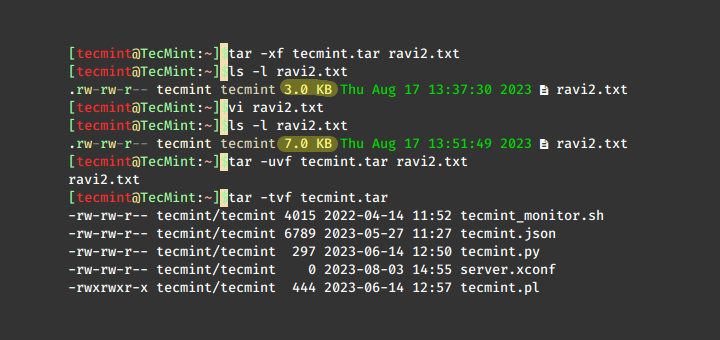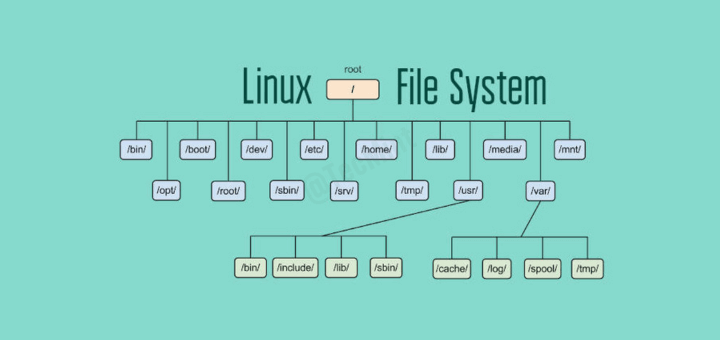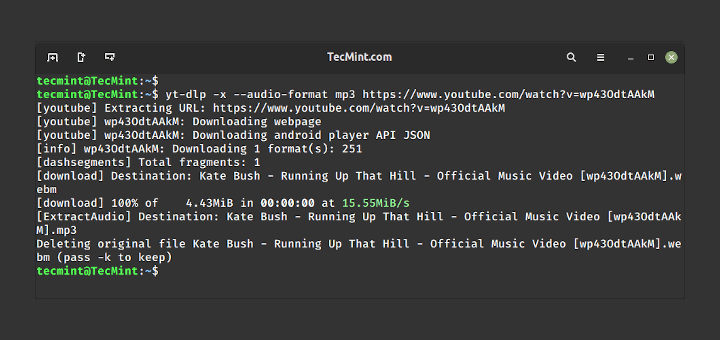One of the Linux’s beauties is that you can control almost everything about it. This gives a system administrator a great control over his system and better utilization of the system resources.
While some might have never thought about doing this, it is important to know that in Linux you can limit how much resource a single user may use and for how long.
Read Also: How to Increase Number of Open Files Limit in Linux
In this short topic, we will show you how to limit the number of processes started by user and how to check the current limits and modify them.
Before we go any further there are two things we need to point:
- You need root access to your system to modify the user limits
- You must be extremely careful if you plan to modify these limits
To setup user limits, we will need to edit the following file:
/etc/security/limits.conf
This file is used to apply ulimit created by the pam_module.
The file has the following syntax:
<domain> <type> <item> <value>
Here we will stop to discuss each of the options:
- Domain – this includes usernames, groups, guid ranges etc
- Type – soft and hard limits
- Item – the item that will be limited – core size, file size, nproc etc
- Value – this is the value for the given limit
A good sample for a limit is:
@student hard nproc 20
The above line sets a hard limit of maximum 20 processes on the "student" group.
If you want to see the limits of a certain process has you can simply “cat” the limits file like this:
# cat /proc/PID/limits
Where PID is the actual process ID, you can find out process id by using ps command. For more detailed explanation, read our article that says – Find Running Linux Processes and Set Process Limits Per-User Level
So here is an example:
# cat /proc/2497/limits
Sample Output
Limit Soft Limit Hard Limit Units Max cpu time unlimited unlimited seconds Max file size unlimited unlimited bytes Max data size unlimited unlimited bytes Max stack size 8388608 unlimited bytes Max core file size 0 unlimited bytes Max resident set unlimited unlimited bytes Max processes 32042 32042 processes Max open files 1024 4096 files Max locked memory 65536 65536 bytes Max address space unlimited unlimited bytes Max file locks unlimited unlimited locks Max pending signals 32042 32042 signals Max msgqueue size 819200 819200 bytes Max nice priority 0 0 Max realtime priority 0 0 Max realtime timeout unlimited unlimited us
All of the lines are pretty much self explanatory. However if you want to find more the settings you can input in limits.conf file, you can have a look at the manual provided here.
If you have any questions or comments, please do not hesitate to submit them in the comment section below.







Hi, why it should be 16384 only? even i have same issue. I tried with 4096 it is not resolving the issue.
I am able to change the nproc for additional users using /etc/security/limits.conf but some how root users nproc value set is 150. When logged as root and execute ulimit -n I get the value 150.
How can I change root users nproc value?
@Deepa,
The system wide configuration file /etc/security/limits.d/90-nproc.conf (RHEL6) and /etc/security/limits.d/20-nproc.conf (RHEL7) specifies the default nproc limits as:
Thank you, We are Using RHEL 6. Checked the /etc/limits. d/90-nproc.conf this file has same values as you mentioned. However when I run ulimit – u as root or any other user get value 150.
In file /etc/security/limits.conf file I commented line * hard nproc 150 which was there before. I logged out restarted httpd still same value is coming. How reset default nproc value for root and other users. Please help
Hi,
Thanks a lot.
Can you actually see what processes are being executed? Share those with so we can have a better understanding of the issue. Also my suggestion is to check the IO utilisation as well
Hi Ravi,
I am facing the issue with oracle user, user complains for slowness in Apache. while slowness issue I am not able to login with oracle users. It is giving error like resources are in use. Every time i have to restart my network services. I have set my oracle user limits in /etc/security/limits.conf as oracle soft nproc 16384
oracle hard nproc 16384
oracle soft nofile 4096
oracle hard nofile 65536
oracle soft stack 10240.
Please share if you can help me.